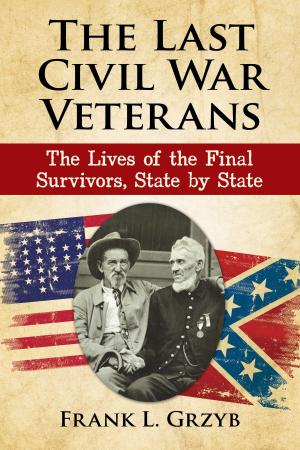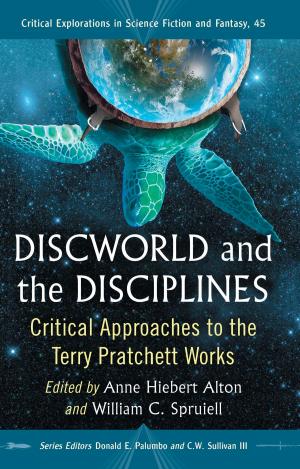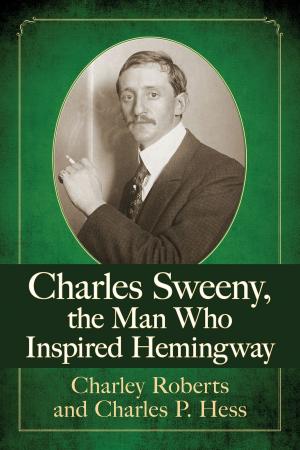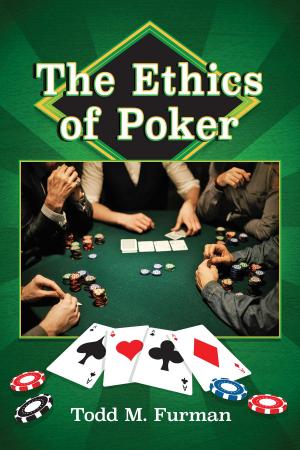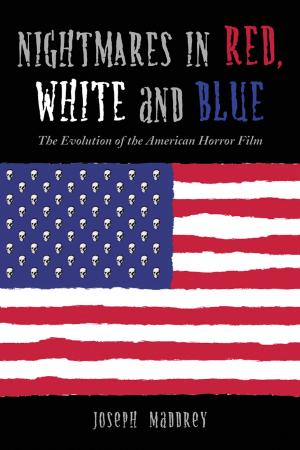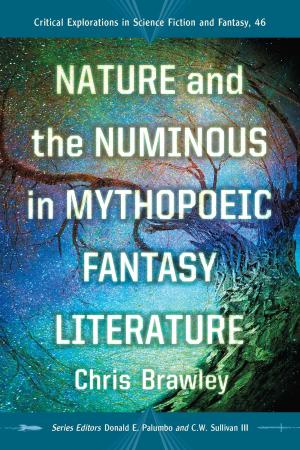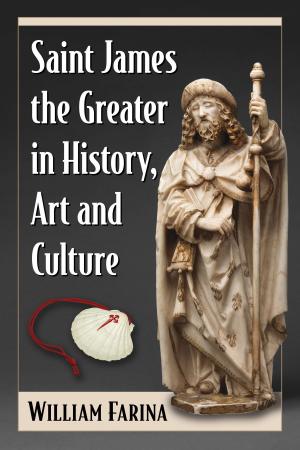Roosevelt's Revolt
The 1912 Republican Convention and the Launch of the Bull Moose Party
Nonfiction, Reference & Language, Reference, Social & Cultural Studies, Political Science, History| Author: | John C. Skipper | ISBN: | 9781476632193 |
| Publisher: | McFarland & Company, Inc., Publishers | Publication: | March 21, 2018 |
| Imprint: | Language: | English |
| Author: | John C. Skipper |
| ISBN: | 9781476632193 |
| Publisher: | McFarland & Company, Inc., Publishers |
| Publication: | March 21, 2018 |
| Imprint: | |
| Language: | English |
The presidential election of 1912 was the only one whose candidates included an incumbent president, a former president and a future president. Theodore Roosevelt, in the Oval Office from 1901 to 1909, chose not to run again. When his former Secretary of War, William Howard Taft, took controversial actions as his successor, Roosevelt challenged him for the 1912 Republican nomination. Taft emerged as the nominee and Roosevelt ran as a third-party candidate on the Progressive (Bull Moose) ticket, causing a split in the GOP that allowed Democrat Woodrow Wilson to win the presidency. The author examines the election in detail and traces the effects of Roosevelt’s actions on the Republican Party for decades. Appendices detail Republican primary results and all of the parties’ platforms and provide a summary of presidential assassinations and attempts.
The presidential election of 1912 was the only one whose candidates included an incumbent president, a former president and a future president. Theodore Roosevelt, in the Oval Office from 1901 to 1909, chose not to run again. When his former Secretary of War, William Howard Taft, took controversial actions as his successor, Roosevelt challenged him for the 1912 Republican nomination. Taft emerged as the nominee and Roosevelt ran as a third-party candidate on the Progressive (Bull Moose) ticket, causing a split in the GOP that allowed Democrat Woodrow Wilson to win the presidency. The author examines the election in detail and traces the effects of Roosevelt’s actions on the Republican Party for decades. Appendices detail Republican primary results and all of the parties’ platforms and provide a summary of presidential assassinations and attempts.

